Key Takeaways
- Superhero movies are moving away from traditional origin stories to focus on more unique narratives.
- Major studios like Marvel and DC are skipping origin stories for well-known heroes to cater to audience familiarity.
- Despite the shift, Hollywood will still incorporate origin prequels to add emotional depth to characters.
Making a great superhero movie is like building a towering skyscraper – just as a building requires a solid blueprint, a film needs a strong origin story to make its hero work. But times are changing in Hollywood, as major comic book studios like Marvel and DC appear to be moving away from the traditional “origin story” in favor of gimmicky multiversal crossovers.
Superhero origin stories used to be more organic, since many moviegoers were unfamiliar with comic books. These stories worked as quick crash courses to understand the heroes they were rooting for. Whether it’s Kal-El landing on Earth and growing up to be Superman, or Bruce Wayne losing his parents and becoming Batman, these beginnings made the DC superheroes timeless in the minds and hearts of audiences. However, origin stories are starting to fade, as viewers have grown used to seeing multiple iterations of the same hero.
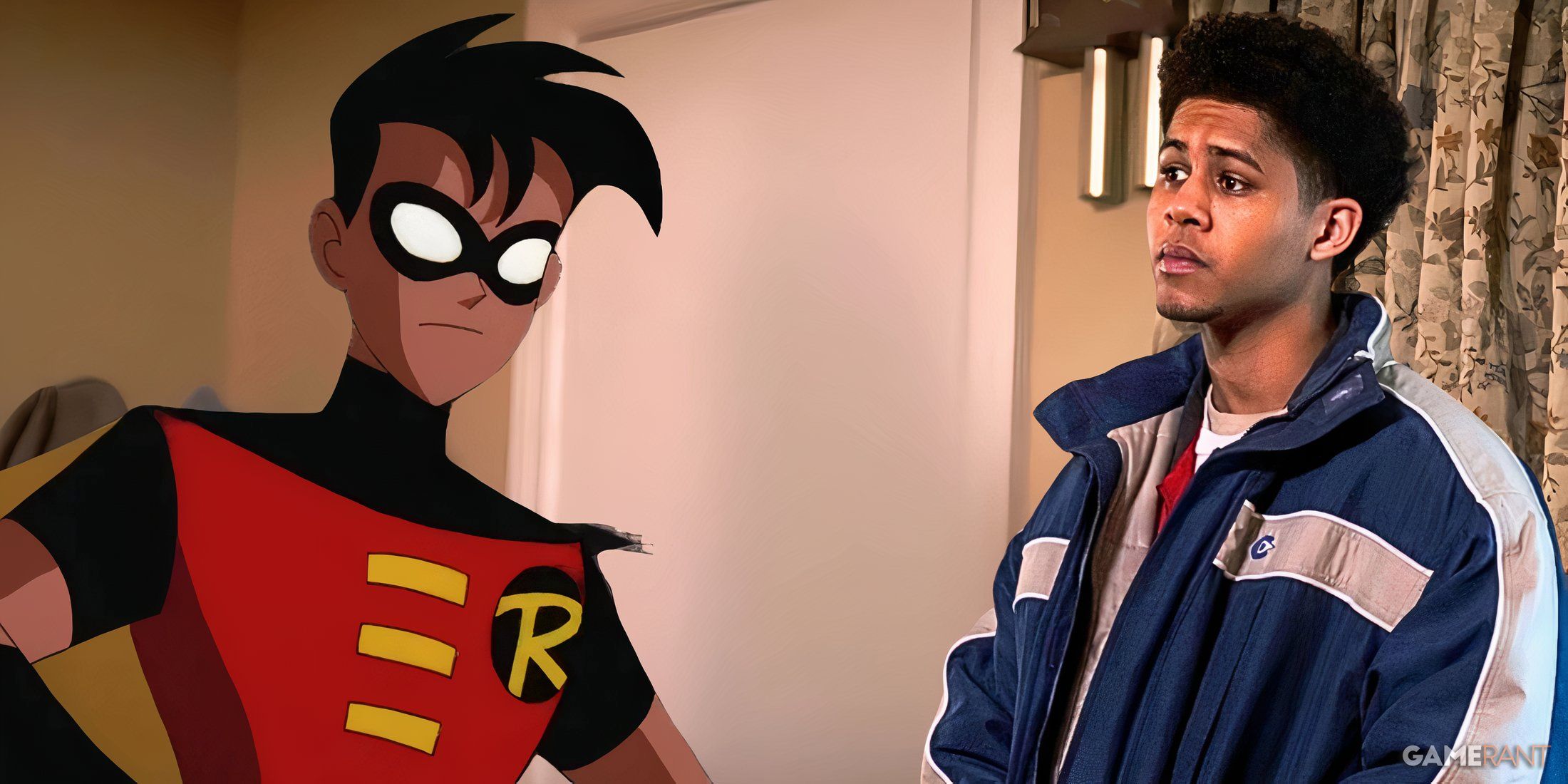
Related
The Penguin Is Doing Its Own Version Of A Robin Origin Story
The Penguin might not have Batman in the Max series, but there’s a kind of Robin origin story unfolding in a great way.
Why Marvel Skipped Spider-Man’s Origin Story
Tom Holland’s Spider-Man is perhaps the best example of a studio deciding it’s time to move away from the origin story. Unlike his two previous web-slinging counterparts, Holland’s Peter Parker first appeared in Captain America: Civil War – not even his own film. Marvel introduced him with the assumption that most of their audience already knew who Spider-Man is and what his powers are. There’s no scene or explanation of how this high schooler from Queens became a hero before being approached by Tony Stark in Civil War.
Even in his first solo outing, Spider-Man: Homecoming, Tom Holland’s Peter Parker doesn’t get the usual origin story treatment. Tobey Maguire and Andrew Garfield’s versions had distinct, memorable scenes where they were bitten by radioactive or genetically enhanced spiders, which led to their powers. It’s because of this collective cultural memory that Marvel Studios chose not to revisit Spider-Man’s origins in depth. This trend has continued in later superhero films, including those from the other side of the street at DC Studios.
No Flashbacks In Matt Reeves’ The Batman
Christopher Nolan’s Batman Begins could be considered a full origin story for the Caped Crusader, though canonically, the origin typically centers on Bruce Wayne witnessing his parents’ murder during a mugging in an alley. Even non-standalone films like Joker and Batman v Superman: Dawn of Justice have depicted this moment on screen. Since Batman has no supernatural powers, it’s this traumatic turn of becoming an orphan and deciding to fight crime that makes him a legend. However, Matt Reeves took a different approach in The Batman.
Robert Pattinson’s Bruce Wayne is introduced after the expected origin events have already taken place, and he’s actively out hunting Gotham’s worst. This choice was essential given the film’s nearly three-hour runtime and the fact that audiences are already familiar with Batman’s backstory through previous films and general comic book knowledge. Yet The Batman still works as an origin story, showing the young hero in his second year of crime-fighting, almost like an adolescent stepping into real adulthood. Including a scene of his parents’ murder would have added little to the story at hand.
The Future Of Origin Stories In Upcoming Superhero Movies
This trend of omitting superhero origin stories is likely to continue, especially for projects featuring universally recognizable heroes. For example, James Gunn’s upcoming Superman film is expected to skip a traditional origin arc for Clark Kent, instead focusing on a younger version of the character compared to Henry Cavill’s Man of Steel variant. This was all but confirmed in a 2022 article by Deadline, which outlined the initial plans of new DC heads Peter Safran and James Gunn.
Major studios like Marvel and DC must ask themselves an essential question when developing a prominent character’s film: what does an origin story truly add to the character’s arc or to the larger universe? If it’s just about how they get powers or build suits, it risks feeling superficial. Moreover, some lesser-known heroes, like Peacemaker, prove that they don’t even need separate introductions, and they’re compelling as they are. By now, the superhero genre has reached or even surpassed the familiarity level of other genres, like science fiction, thrillers, and horror, and audiences can spot the origin story trope from a mile away.
Hollywood Will Still Embrace Origin Prequels
Heroes like Superman, Batman, and Spider-Man may have seen many actors portray them over the years, but their core stories remain the same. However, there’s still room to incorporate a delayed origin narrative to add emotional depth to a character. For instance, Tom Holland’s Spider-Man films avoid direct mention of Uncle Ben, but Peter experiences similar loss when Tony Stark dies in Avengers: Endgame and later with Aunt May’s death in No Way Home, even if they’re not quite the same. Perhaps the upcoming Spider-Man 4 could serve as an origin story of sorts, as Peter has to rebuild his life from scratch after Doctor Strange’s spell erases him from everyone’s memory.
It’s unlikely that Hollywood will completely do away with superhero origin stories. There’s something special about watching a character rise from zero to hero, especially one that’s already popular in other mediums, like Marvel and DC’s comic books. Prequels will continue to be a popular way of giving fan-favorite characters their due, as shown in the X-Men franchise with films like X-Men: First Class and X-Men Origins: Wolverine. Ultimately, it all boils down to how familiar an audience is with a superhero before they even see them on the big screen.
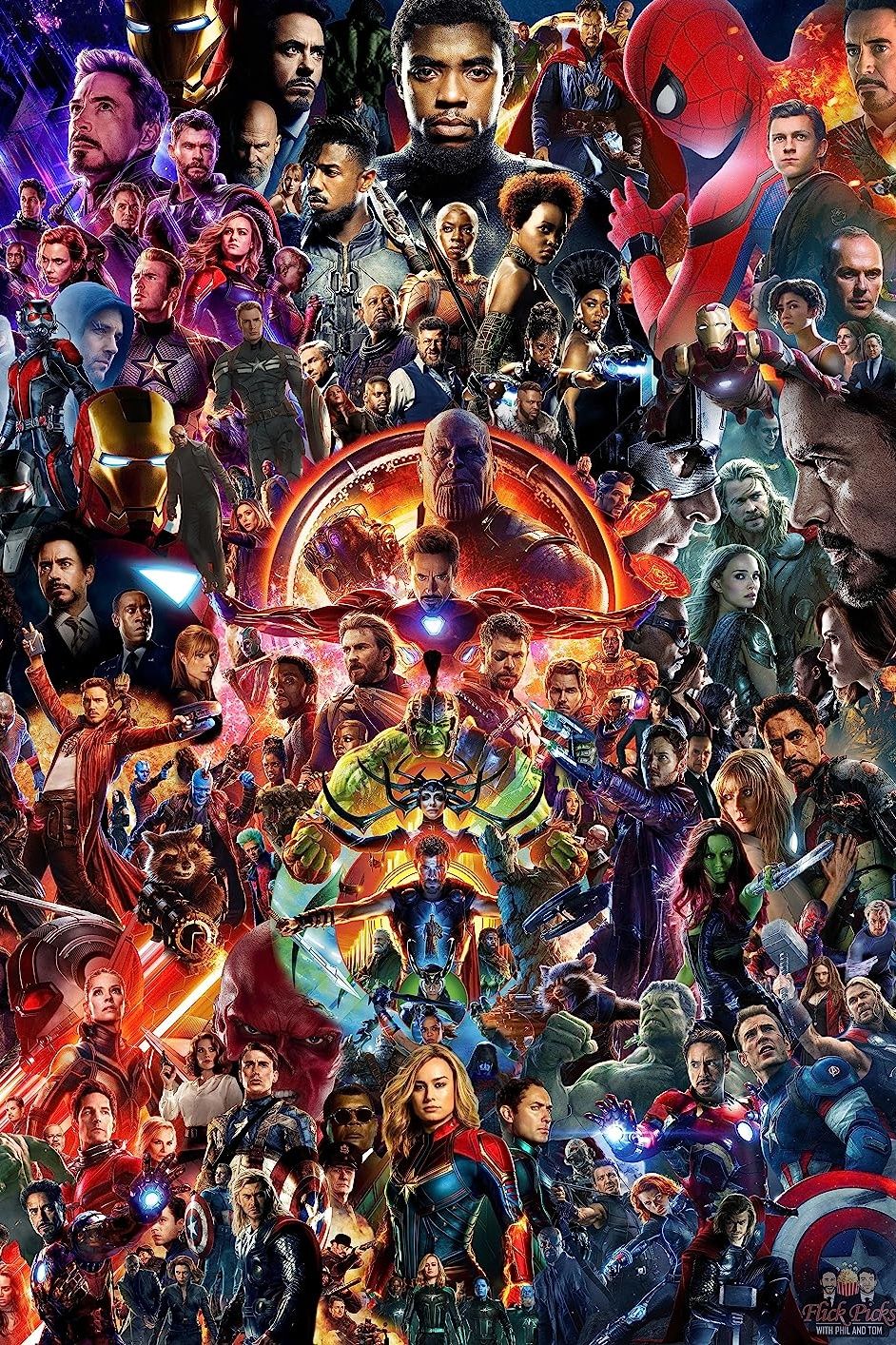
MCU
The Marvel Cinematic Universe (MCU) is a sprawling movie and television franchise that weaves together individual stories of superheroes including Captain America, Thor, Spider-Man, Hulk, Black Widow, and many more. The first film in the franchise, Iron Man, was released in 2008. The MCU has garnered critical praise and financial success, earning billions at the box office and becoming a cultural phenomenon.
- First Film
- Iron Man
- Latest Film
- Marvels
- Cast
- Robert Downey Jr. , Chris Evans , Chris Hemsworth , Scarlett Johansson , Mark Ruffalo , Jeremy Renner , Chadwick Boseman , Zoe Saldana , Chris Pratt , Tom Hiddleston , Iman Vellani
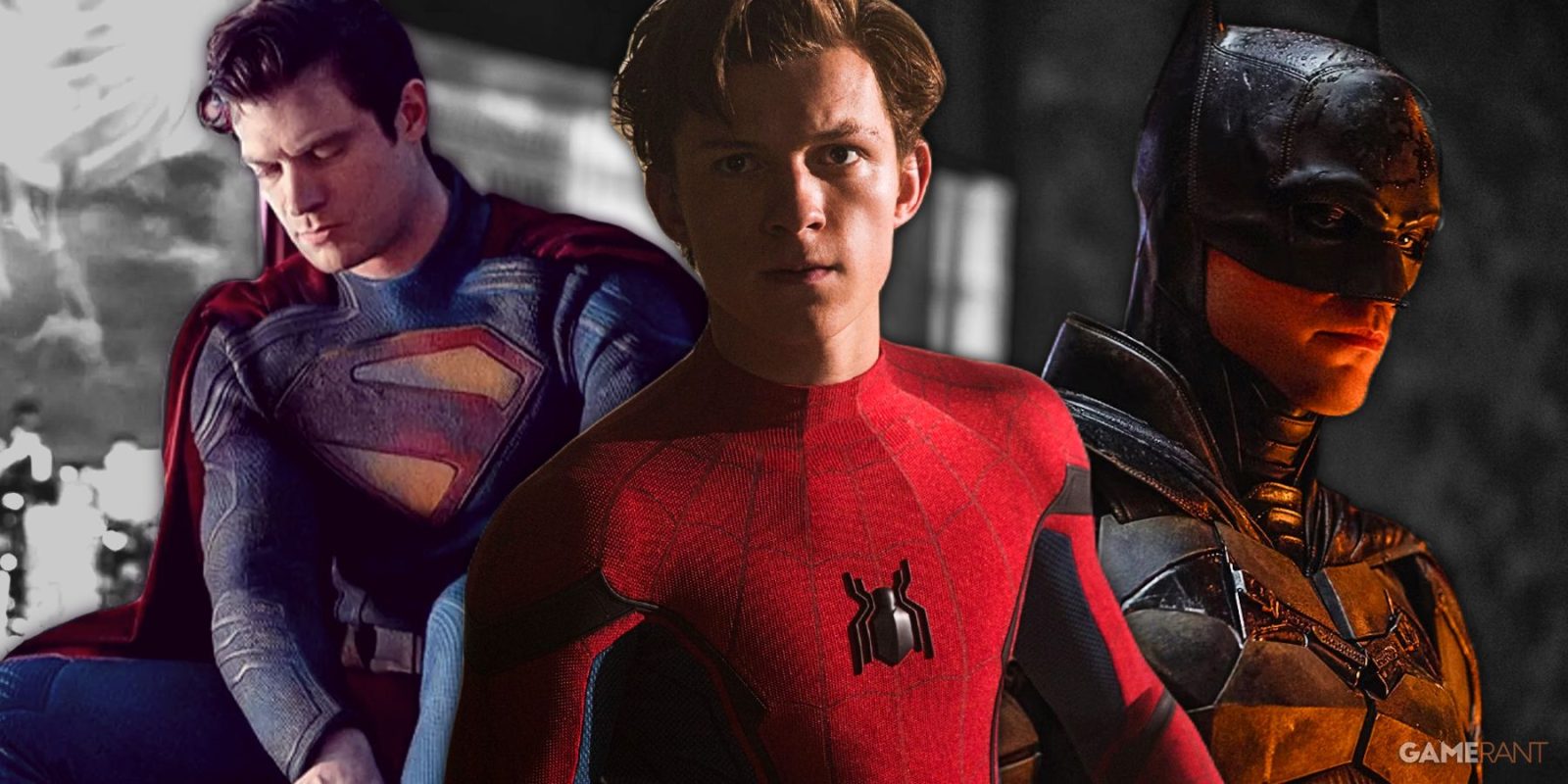
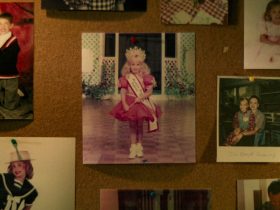
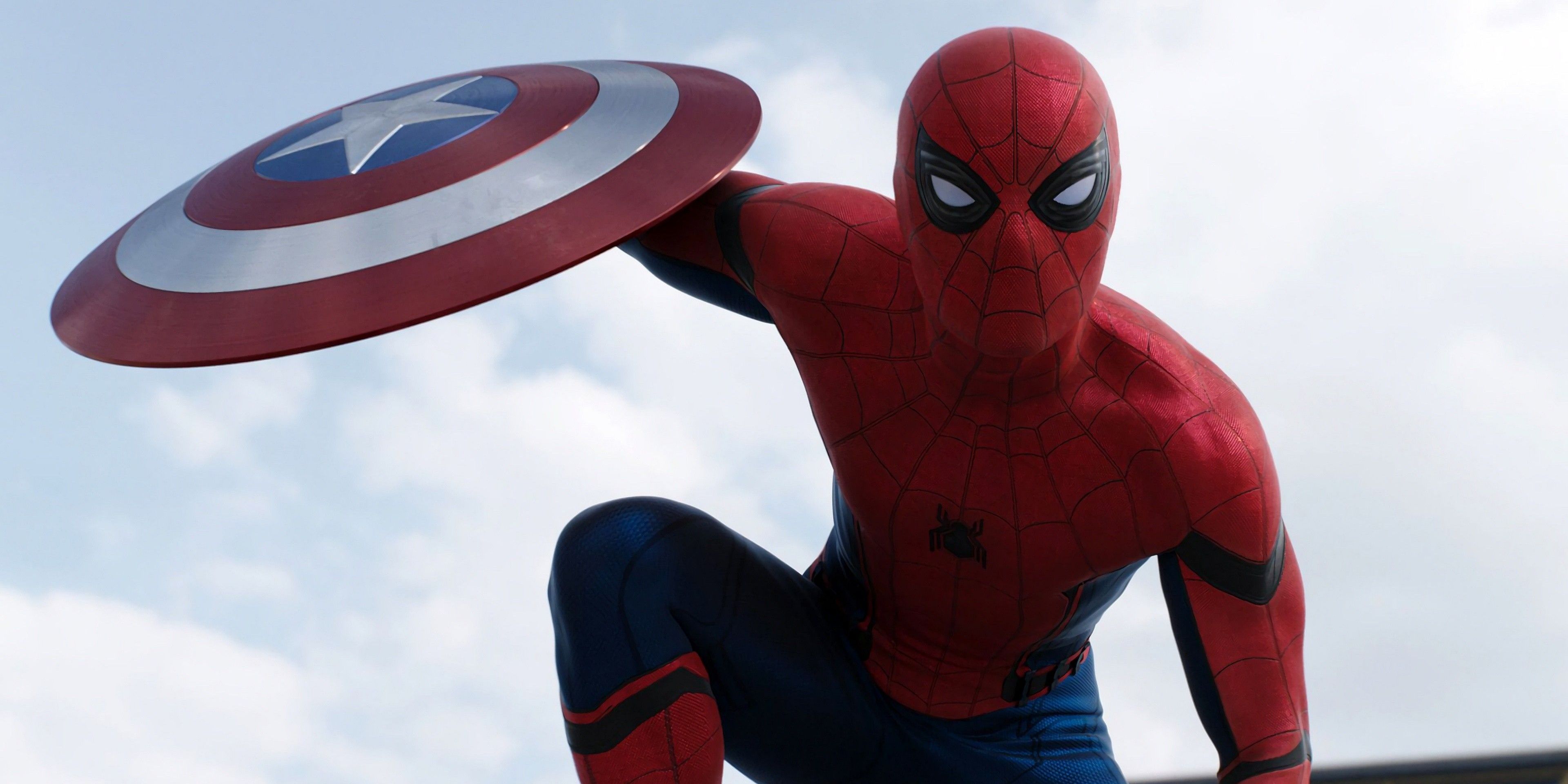
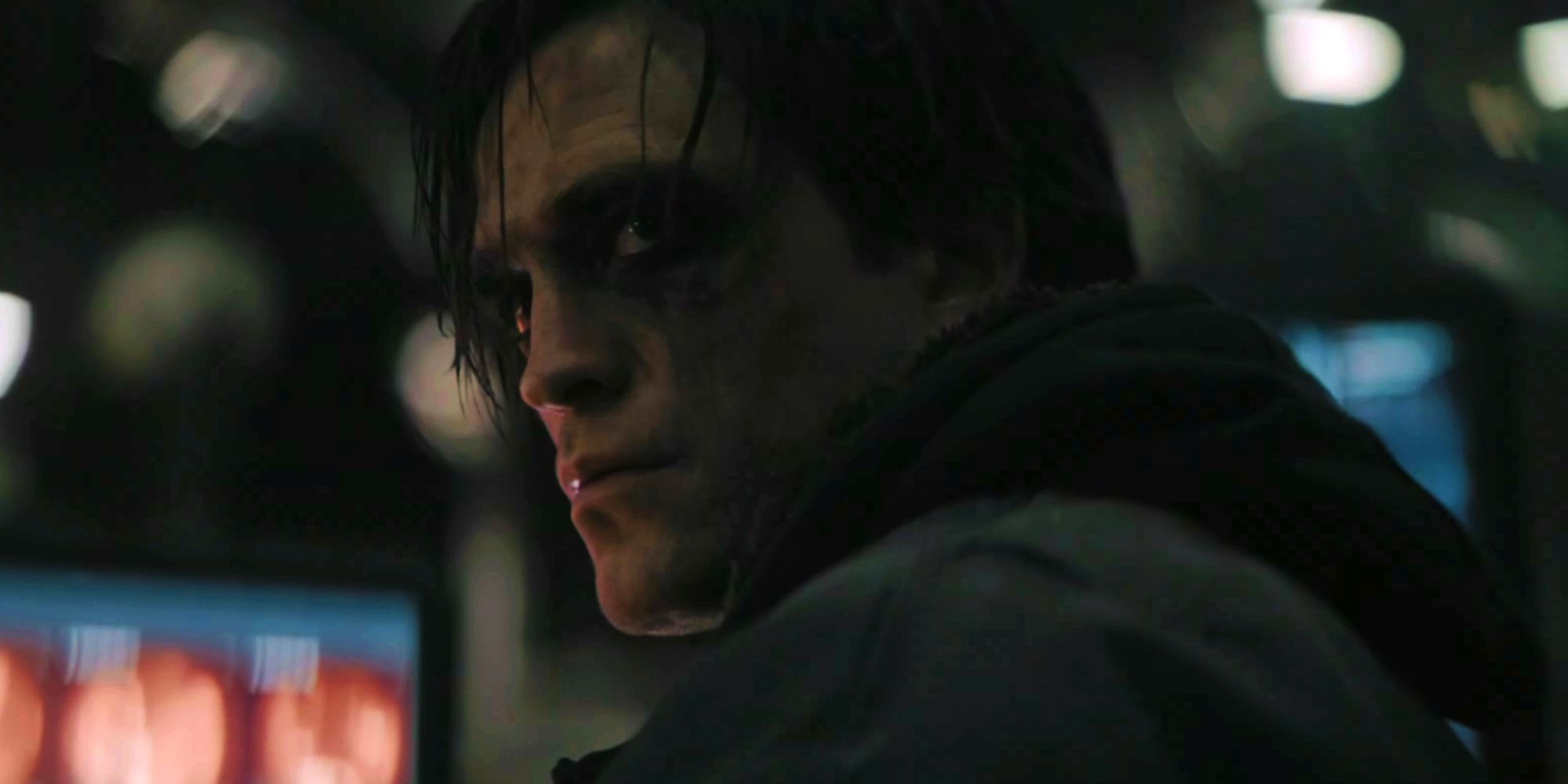
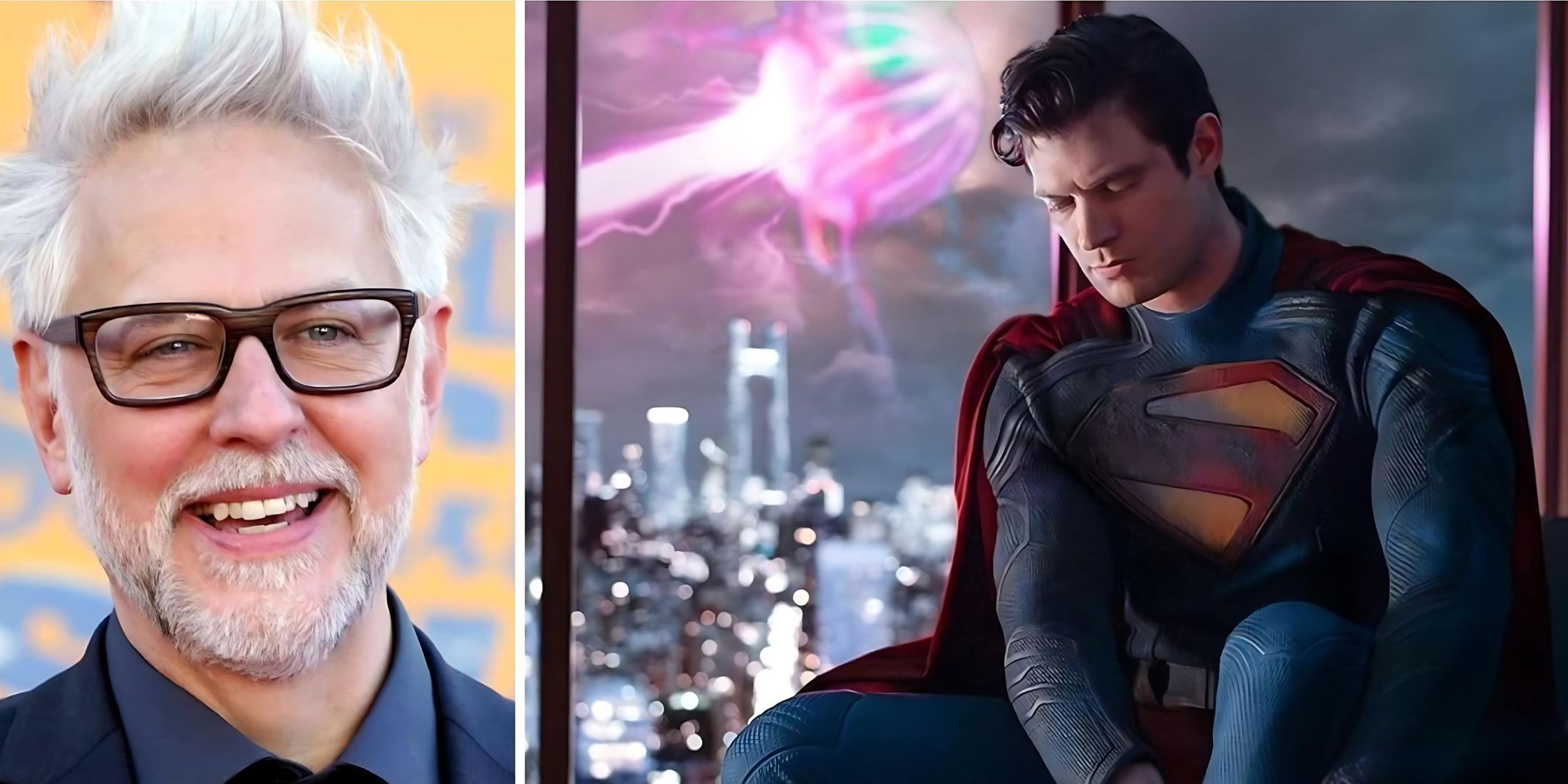
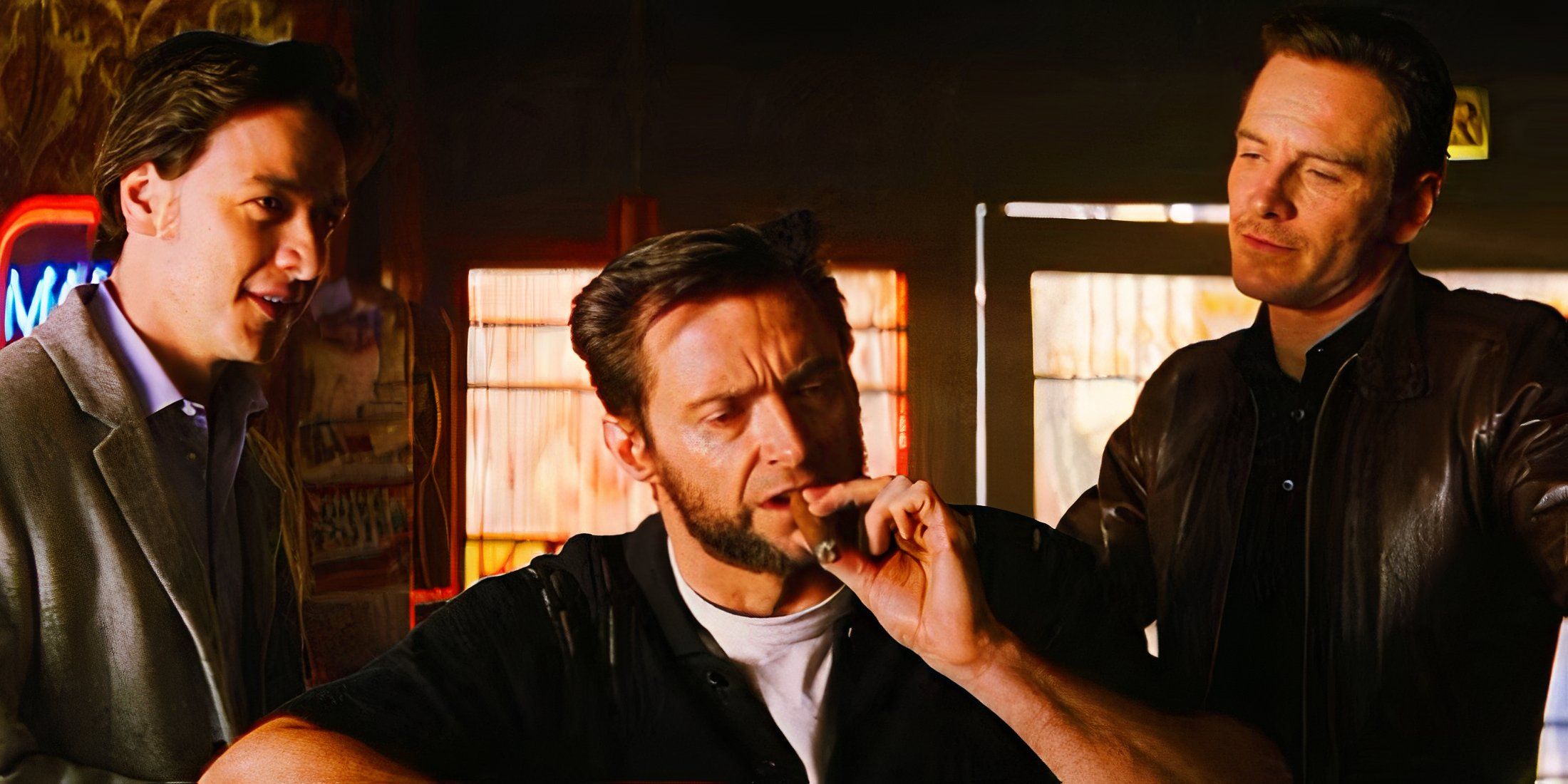
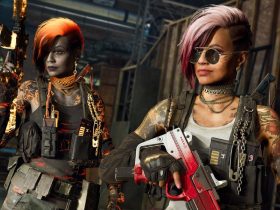

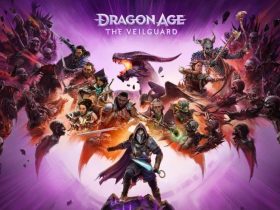

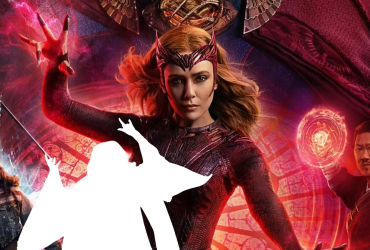
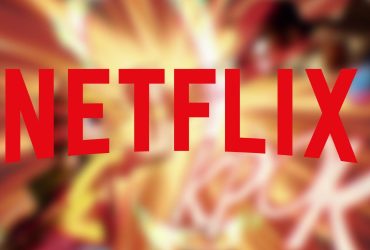
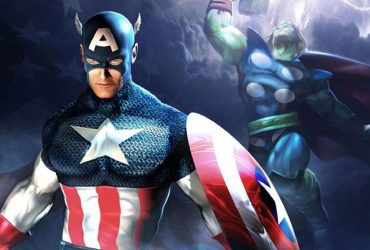
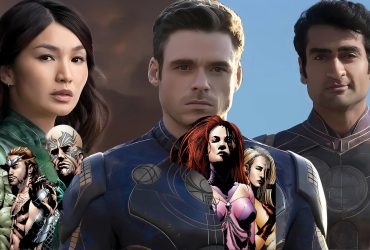
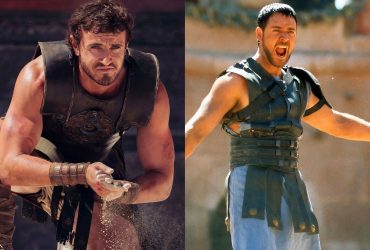
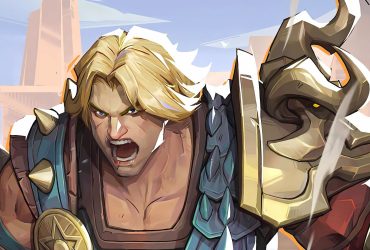
Leave a Reply